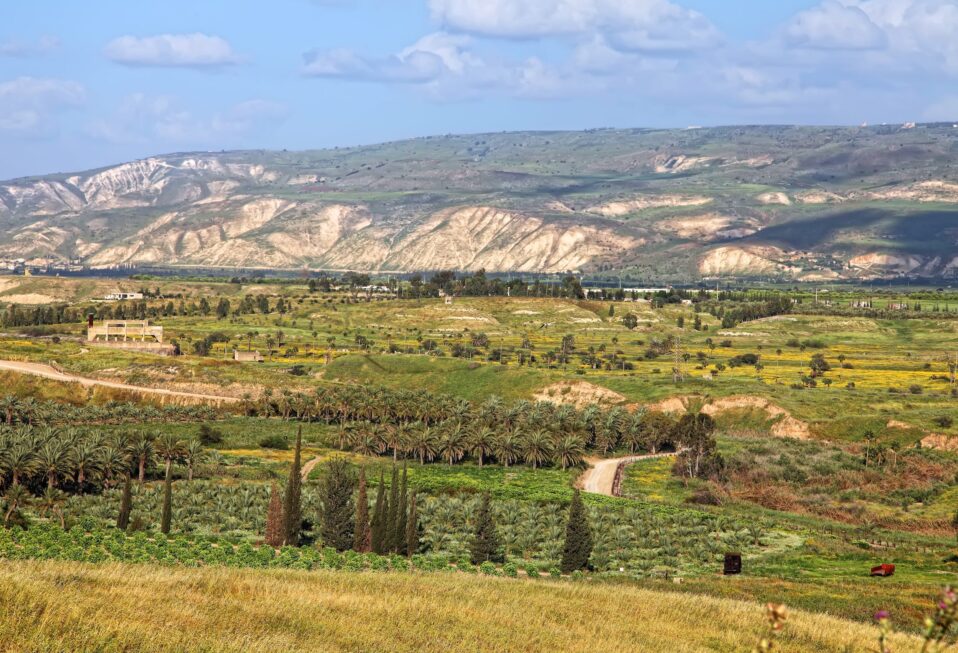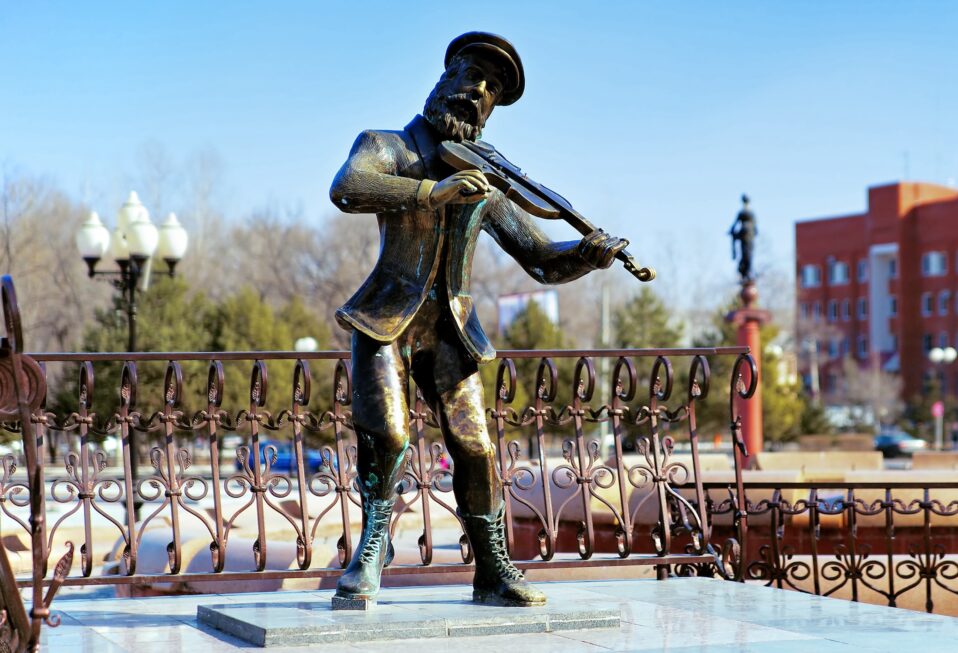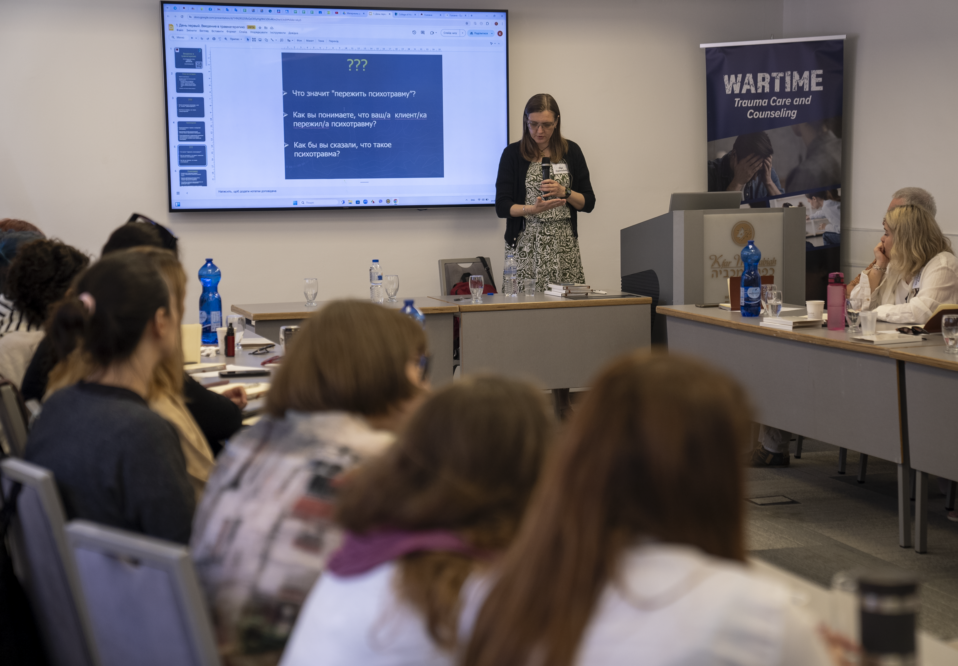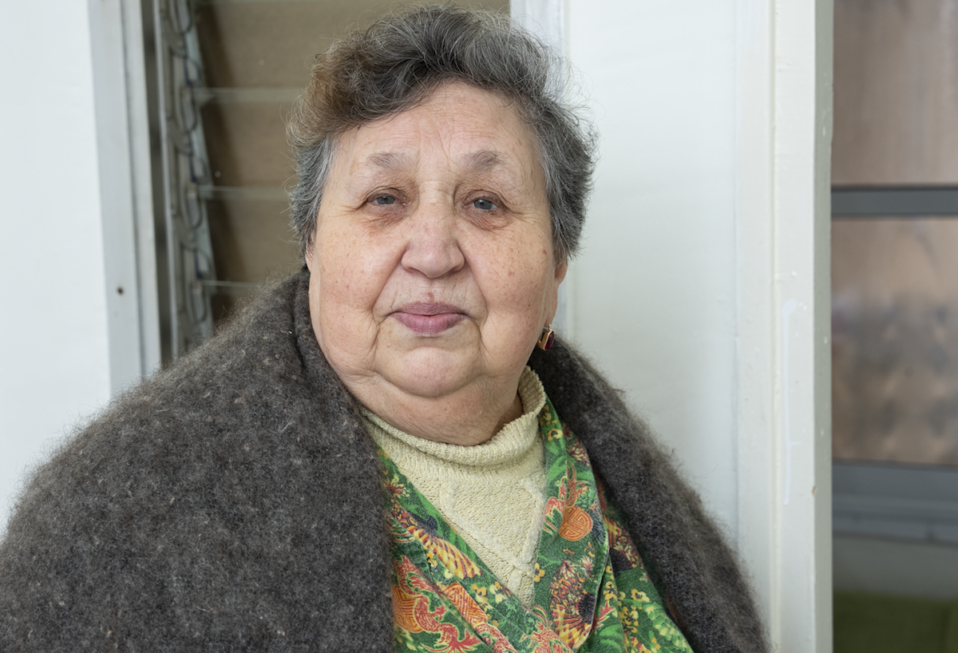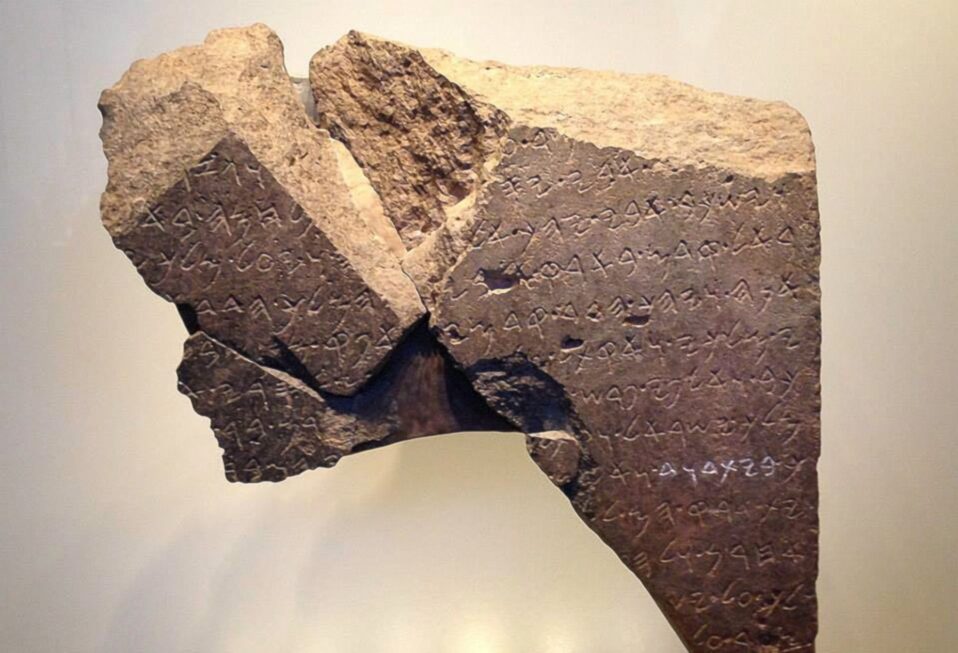By Arlene Bridges Samuels
Leading into the U.S. election, the main highway into Tel Aviv, Israel, projected a large pro-Trump billboard reading, “Israel Votes Trump.” Donald J. Trump’s victory offers increased hope for Israel fighting on the front lines of freedom for the United States and the free world in a seven-front war sponsored by Iran.
The Islamic Regime funds not just its anti-Israel surrogates in the Middle East but also globally, via its arsenal of hate—a hatred that goes beyond the Jews to anyone, any country, that Iran leaders consider an “infidel.” In fact in 1979, when the ayatollahs forced their Shia Muslim dictatorship onto Iran (Persia), their stature as the world’s biggest terror threat increased. It’s all about their dominance and hatred for Israel and the United States of America—Israel’s most significant ally.
By 1984, the U.S. had designated the regime as the “foremost state sponsor of terrorism.” The ayatollahs describe Israel as the Little Satan and the U.S. as the Great Satan. Proof of their hatred toward the U.S. has become evident in Iraq, Jordan, and Syria during the last few years. Around 2,500 U.S. troops were stationed in Iraq and another 900 in Syria to prevent Iranian weapons and personnel from crossing through Iraq and Syria to supply Hezbollah in Lebanon. In June 2024, the Biden administration increased U.S. troops to 3,813 in Jordan—a nearly 20 percent increase. Iranian drone strikes are killing and injuring our American troops!
Just consider the toll. Hezbollah, better armed than most NATO countries, is Iran’s top proxy. Its horrific history goes back for decades before our troops were stationed on the ground. Hezbollah’s 1983 truck-bomb attack murdered 241 soldiers at the U.S. Marine barracks in Beirut, Lebanon. Additionally, Hezbollah murdered 63 Americans at the U.S. Embassy in Lebanon (1984) and 19 at the Khobar Towers U.S. military housing complex in Saudi Arabia (1996) and held meetings with established sleeper cells in the United States.
The Islamic Regime is the biggest funder of Hezbollah, yet it does not stop there. A 2017 report outlines Hezbollah’s lucrative fraud network in at least 10 states, including Michigan, California, Florida, Georgia, Illinois, Kentucky, Missouri, New York, North Carolina, and West Virginia. It is easy to guess that since this report came out, coupled with our wide-open southern border since 2021, Hezbollah’s presence and businesses in the United States are even more profuse.
For example, Hezbollah operatives pay cash for used cars and ship them to Africa for their toxic terror activities. Even a perfume company helps launder and finance terror money.
The U.S. Justice Department in 2023 offers us another example of criminality, when it prosecuted an intricate web of companies illicitly seeking to obtain valuable artwork from U.S. artists, art galleries, and diamond businesses. It amounted to around $160 million in profits for the Hezbollah fundraiser who posed as a legitimate businessman. All the covert terror funds were transacted through the U.S. financial system.
It is a glimmer of hope that Hezbollah’s criminal activities are on the U.S. Congress’s radar. One congressional hearing highlighted Hezbollah’s multimillion-dollar criminal network—including human trafficking, drug trafficking, cigarette smuggling, and counterfeiting in the U.S. and on a total of four continents. Congress also passed the Hezbollah International Financing Prevention Act to track and halt Hezbollah’s financial transactions.
A Treasury official declared that the 2015 Act put Hezbollah in “the worst financial shape in decades.” However, in the same year, under the Obama-Biden administration, Congress also agreed to the flawed Iran nuclear deal. Iran received billions that helped to resupply terrorists. This decision made no sense, which has particularly been proven this past year by the Iranian-funded October 7 invasion and massacres as well as the ongoing multifront war Israel has faced with Iran and its terror proxies.
Based on information from the U.S. intelligence community, Hezbollah has a number of sleeper cells in the United States. Simone Ledeen, former Deputy Assistant Secretary of Defense for the Middle East, issued this warning: “Hezbollah is a very real threat to us here in the United States. They have sleeper cells in the U.S., in many cities across the country. This has been documented in multiple court cases, and we have reason to believe that they also have caches where they have stored materials around the country in the event that someone hits the go button to start attacks, I believe they are pretty well prepared—they have been sitting in wait for an order to go for many years now.”
Israel’s war against Hezbollah, called Operation “Northern Arrows,” began on September 23, 2024, in response to the terror group’s unrelenting rocket attacks on northern Israel since last October, and is a significant indicator both of Hezbollah’s relentless hatred toward the U.S. decades ago—and its dangerous intentions now. We are, after all, Israel’s greatest ally.
Despite Israel’s brilliant strategies and victories aimed at eliminating most of Hezbollah’s top terrorists, Hezbollah began the war with 150,000 rockets. Tens of thousands of rockets remain in terrorist hands. They must be destroyed, since 100 rocket strikes a day and numerous drones indicate enough firepower to be launched against Israel for months on end.
When Israel reaches its military goals against Hezbollah—and it will—a grim fact remains for the world’s only Jewish state. The Iranian proxies seek not only to murder every Jew, but to erase every symbol and structure of Judaism and Jewish culture in the Holy Land. The hatred runs deeper than most of our American Christian imaginations can comprehend. However, we must pray for and help our Jewish friends in our spiritual homeland, the ancient birthplace of our faith.
In the Arabic language, Hezbollah means “party of god.” This party of god is the antithesis of the true God of the Universe, the God of Abraham, Isaac, and Jacob. Despite evil and lawlessness manifesting in too many places, we trust the One who cannot be defeated, who has preserved a strong remnant of His people, and will reign forever.
For us as believers, by faith we are under His tallit (prayer shawl), we dwell safe and secure, and our hiding place is sure! Though life is full of struggle, our joy is fuller still. Under His tallit, we are in His sovereign will!
Our CBN Israel team welcomes you to join us in prayer this week remembering Isaiah 45:7-9:
I form light and create darkness; I make well-being and create calamity; I am the LORD, who does all these things. “Shower, O heavens, from above, and let the clouds rain down righteousness; let the earth open, that salvation and righteousness may bear fruit; let the earth cause them both to sprout; I the LORD have created it. Woe to him who strives with him who formed him, a pot among earthen pots! Does the clay say to him who forms it, ‘What are you making?’ or ‘Your work has no handles’?”
Prayer Points
- Pray for Christians to overcome anxiety by donning our spiritual armor.
- Pray for IDF safety and success to discover and defeat evil in Lebanon.
- Pray for the rescue of each living hostage and the bodies of loved ones.
- Pray with thanks for U.S. military assets in the skies and on the water.
Arlene Bridges Samuels is the weekly feature columnist for CBN Israel since 2020. Working on the staff of the American Israel Public Affairs Committee (AIPAC) as their SE Regional Outreach Director for nine years, International Christian Embassy Jerusalem USA engaged her as the Leadership Outreach Director part-time for their project American Christian Leaders for Israel. Arlene is an author at The Blogs-Times of Israel, is published at AllIsrael.com and The Jerusalem Connection, and has traveled to Israel since 1990. By invitation, she attends Israel’s Government Press Office Christian Media Summits as part of Christian media worldwide. In 2024, Arlene and her husband Paul co-authored Mental Health Meltdown: Illuminating the Voices of Bipolar and Other Mental Illnesses. www.TheMentalHealthMeltdown.com.


